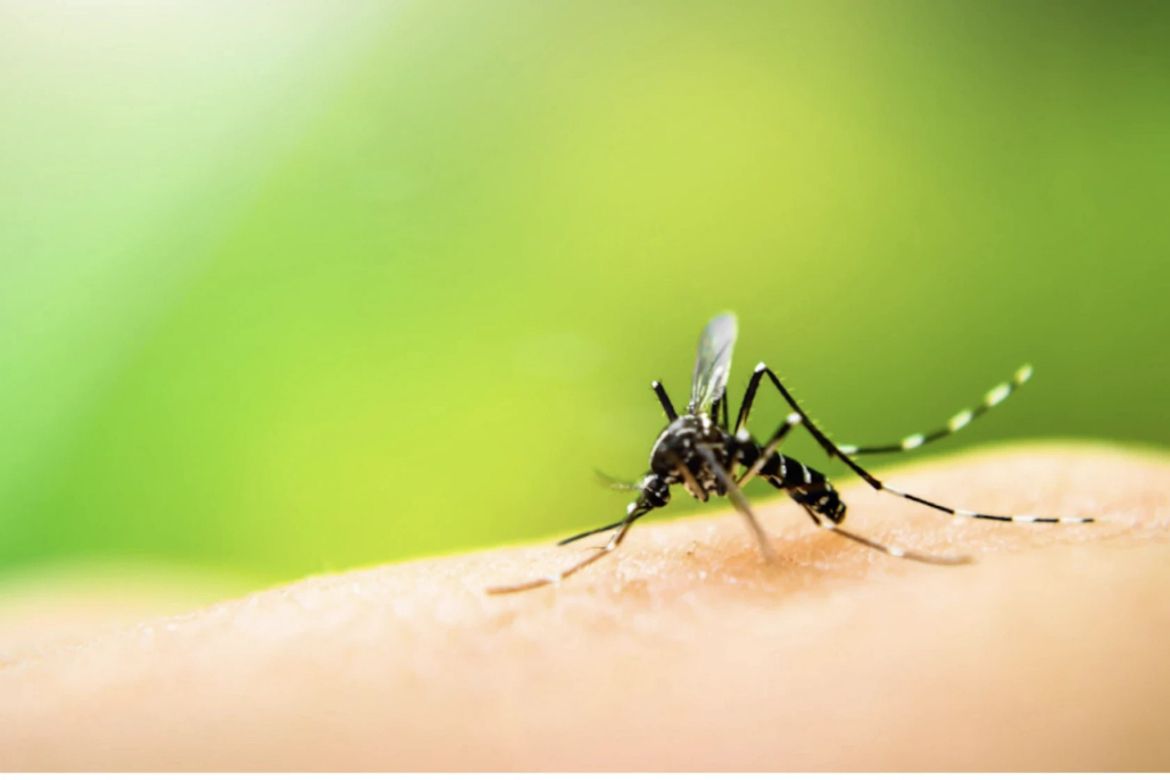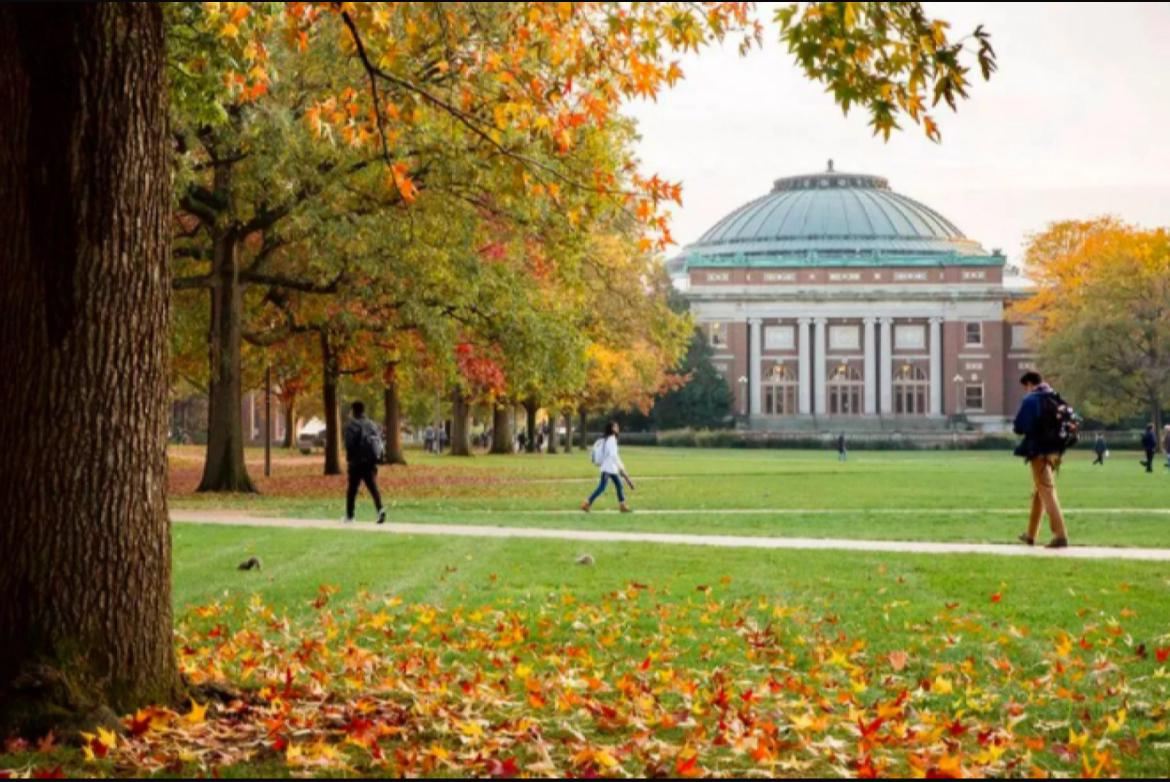Abortion access for those traveling to Illinois could be in jeopardy as aid funds run short of money

- Repoter 11
- 30 Aug, 2024
Abortion took center stage during the Democratic National Convention, and Illinois was celebrated for welcoming thousands of women needing care since access has vanished across much of the Midwest and the South.
But funds that are essential for many traveling to Illinois and other states for abortions — paying for their flights, hotels, child care and the abortions — are running out of money. Providers and advocates say that’s putting access to reproductive medical care in jeopardy.
“Access has always been an issue in this country, and access is not what’s being discussed,” said Megan Jeyifo, who runs the Chicago Abortion Fund, one of the largest of its kind in the country. “It’s legality, and we know we need so much more beyond legality.”
More people are traveling to Illinois than to any other state for abortion access, according to the Guttmacher Institute, a research and policy organization that supports abortion rights. The state is held up as a model for protecting reproductive rights under Democratic Gov. JB Pritzker.
Sarah Garza Resnick, president and chief executive officer of Personal PAC, which works to elect candidates who support abortion rights, says finding the money for equitable access is “the next frontier of our fight.”
In Illinois, Cook County’s public health system could play a bigger role, say some people working on abortion access in the state. The county already has a legacy to treat anyone no matter if they can pay but has been relatively quiet about abortion.
A tipping point
The Chicago Abortion Fund has existed for about 40 years. In 2019, when abortion was still a federal constitutional right, the fund spent about $160,000 helping people get abortions. That skyrocketed to about $8 million since the U.S. Supreme Court overturned Roe v Wade in 2022. And Jeyifo is always trying to drum up financial support.
“Once you tell the story of the Chicago Abortion Fund receiving 1,700 calls for support in one month and supporting people in 32 different states and spending $600,000 in one month, people do cut checks,” Jeyifo said. “Just not at the scale we need right now.”
The Chicago Abortion Fund is set to receive about $5 million from the state of Illinois, which helps cover out-of-state patients’ travel and stay in the state, according to Jeyifo. She estimates that the organization needs at least $200,000 a month more to cover abortion procedures.
As national abortion funds that support providers and patients dry up, more people are turning to local funds for help, like the Chicago Abortion Fund. That’s as more women come to Illinois for abortions.
In 2023, just over 37,000 people from other states traveled here to end their pregnancies — a more than threefold increase over three years, according to the Guttmacher Institute. According to its estimates, about four of 10 people who had an abortion in Illinois came from another state. That doesn’t include women who have come to Illinois since bans in Florida and Iowa took effect in the last few months, a Guttmacher spokesperson said.
Jeyifo said the fund has been tapping its reserves. Still, after five years of helping anyone in need, she said it now needs to limit aid to patients who live in or are receiving abortions in Illinois or Wisconsin, Iowa, Nebraska and Arkansas, where the Chicago Abortion Fund has partnerships.
Jeyifo said that scaling back is “devastating” and hopes it’s temporary.
What this means for patients
Dr. Allison Cowett, medical director of Family Planning Associates in the West Loop, one of the largest independent abortion clinics in the country, says she is especially concerned about the roughly 30% of her patients who come from other states. A fund set to end Sunday pays 100% of the costs for out-of-state patients who are having abortions in the first three months of their pregnancies.
A first-trimester abortion typically costs about $500. Cowett said most patients at her clinic are low-income and have government-funded Medicaid health insurance in Illinois, which pays for abortions. Others who travel from other states are mostly covered by abortion funds that are cutting back.
“Will people stop coming when they hear from us on the phone, ‘This is how much money you have to bring?’ ” Cowett said. “It’s heartbreaking.”
She said her staff had these conversations for years with patients before Medicaid and abortion funds covered the cost. They’re preparing to have them again.
Spokespeople for the national abortion funds that are reducing or ending funding did not respond to comment.
Illinois and Chicago governments have supported abortion through money or other protections, like a special zone around Cowett’s clinic to quiet protesters. Pritzker used his own money to launch Think Big America, an organization that aims to protect and expand abortion rights around the United States.
Cook County Board President Toni Preckwinkle has shied from the spotlight on abortion, championing other programs that have received national acclaim and a piece of $1 billion in federal pandemic-relief money — such as providing guaranteed income and erasing medical debt for the poorest residents.
Cook County provides abortions at Stroger Hospital on the Near West Side — nearly 660 in 2022, the year Roe was struck down, to about 900 last year and an expected 1,200 by the end of this year. That’s on par with some other Chicago hospitals, though the others provide more surgical abortions for women later in their pregnancies.
Family Planning Associates provides at least 200 abortions a week. A small percentage of abortions happen at hospitals.
Despite being the biggest medical safety net in the region, the county isn’t part of a state-funded program that refers patients with complicated medical conditions who need abortions to four hospitals in Chicago. A county health system spokeswoman said the county accepts patient referrals from those hospitals.
“I think abortion is still a scary word to a lot of people,” Cook County Commissioner Bridget Degnen said.
But she and Commissioner Donna Miller, former chairwoman of the Planned Parenthood of Illinois board, said they want the county to prioritize and publicize abortion access.
“Our mission at the county has long been to support disinvested communities, and wealthy women are not having problems getting abortions,” Degnen said. “This is all squarely in line with the county’s mission.”
She wants the county to expand access and look into funding other abortion providers similar to how the county awards grants to nonprofits.
Miller said she wants to see the county court abortion providers who live in states where they no longer can work.
Aiming to avoid protesters
Kelly Hall, executive director of the advocacy group the Fairness Project, said she’s working on another way to take financial pressure off of abortion funds: trying to get voters in multiple states to support abortion through ballot measures. If abortion were again more accessible in other states, organizations like the Chicago Abortion Fund wouldn’t have to pay as much to help women travel across state lines.
But Jeyifo said abortion still isn’t accessible even for people who live in states that passed ballot measures. Clinics in Michigan, for example, still send patients to Illinois, she said.
Jeyifo said she wants to see a federal fix, like how the government rallied during the COVID-19 pandemic and gave governments including Cook County’s money to help their communities recover.
Jeyifo said thinking of her own abortion 25 years ago motivates her.
“It was a really awful experience, where I did not have financial support or emotional support
Leave a Reply
Your email address will not be published. Required fields are marked *













